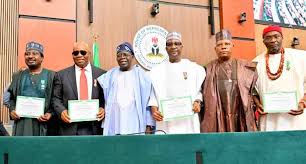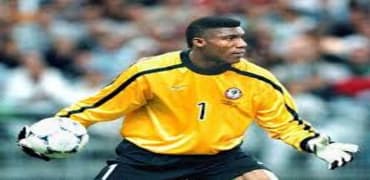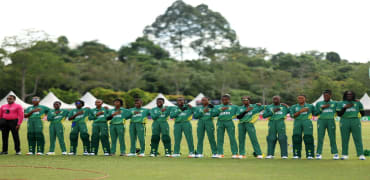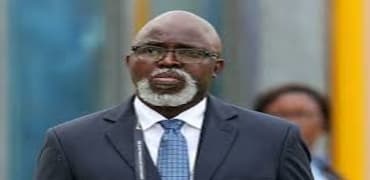Tinubu Rules Out One-Party State, Reaffirms Support for Multi-Party Democracy
Tinubu Rules Out One-Party State, Reaffirms Support for Multi-Party Democracy
By Achimi muktar
In a stirring Democracy Day address that electrified the National Assembly, President Bola Ahmed Tinubu declared, unequivocally, that Nigeria will never become a one-party state under his watch.
Standing before a joint session of lawmakers, flanked by Vice President Kashim Shettima and top cabinet members, Tinubu delivered his inaugural State of the Nation Address, confronting the growing fear among opposition parties that Nigeria’s democracy is under quiet siege by the ruling All Progressives Congress (APC).
With the thunderous claps of lawmakers and the Tinubu support anthem “On Your Mandate We Shall Stand” reverberating through the chambers, the President sought to lay to rest the alarm bells ringing from the opposition camp.
“To those who ring the alarm that the APC is intent on a one-party state, I offer you a most personal promise,” Tinubu said. “At no time—past, present or future—will I view the notion of a one-party state as good for Nigeria.”
His words struck a chord in a chamber filled with the echoes of Nigeria’s long and complex democratic journey, especially as the country marked 26 years of uninterrupted civilian rule and remembered the historic but annulled June 12, 1993 election won by Chief M.K.O. Abiola.
Tinubu, once a lone opposition figure during the dominance of the PDP in the early 2000s, reminded Nigerians of his defiance when others folded.
“In 2003, when the then-governing party tried to sweep the nation clean of opposition, I was the last progressive governor standing in my region,” he recalled.
The President’s comments come in response to a wave of defections from opposition parties to the APC, including the shock crossovers of Delta State Governor Sheriff Oborevwori and Akwa Ibom Governor Umo Eno. Critics have interpreted these moves as signs of an emerging one-party dominance. But Tinubu hit back:
“We would be guilty of political malpractice if we closed the door on those from other parties who now seek to join the APC. To opposition leaders who are panicking, I say—put your house in order. I will not help you do so.”
While reinforcing his loyalty to pluralistic politics, Tinubu balanced his message with a flurry of optimistic announcements about the state of the nation.
Here are the major takeaways from the President’s address:
Youth Empowerment: Tinubu unveiled a bold credit initiative aimed at empowering 400,000 Nigerian youths, including NYSC members, through the Nigerian Consumer Credit Corporation (CREDICORP).
Economic Rebound: He revealed that Nigeria’s GDP grew by 3.4% in 2024, with Q4 recording 4.6% growth—the highest in over a decade. Inflation is slowing, the naira has stabilized, and net foreign reserves have risen fivefold.
Digital Revolution: A nationwide fibre optic rollout is in motion, promising to boost digital access, education, and innovation across the country.
Food Sovereignty & Industrial Growth: With a new focus on local production, the President reaffirmed his “Nigeria First” policy, setting sights on 7% GDP growth and food independence.
Tax Reform Package: He praised lawmakers for their bipartisan support on the comprehensive tax reform bills, pledging to sign them into law soon.
Calling for sustained collaboration with the National Assembly, Tinubu urged lawmakers to pass legislation that spurs job creation, rural development, and food security. He concluded with a reminder of the greater goal:
“Democracy demands we work together—legislative or executive, ruling or opposition. That is the only way we can truly serve our people.”
As the chamber rose in applause, one thing was clear: President Tinubu didn’t just deliver a speech—he issued a political declaration, seeking to reset the tone of Nigeria’s democracy while reaffirming his legacy as both an architect of opposition and a guardian of plurality.


















